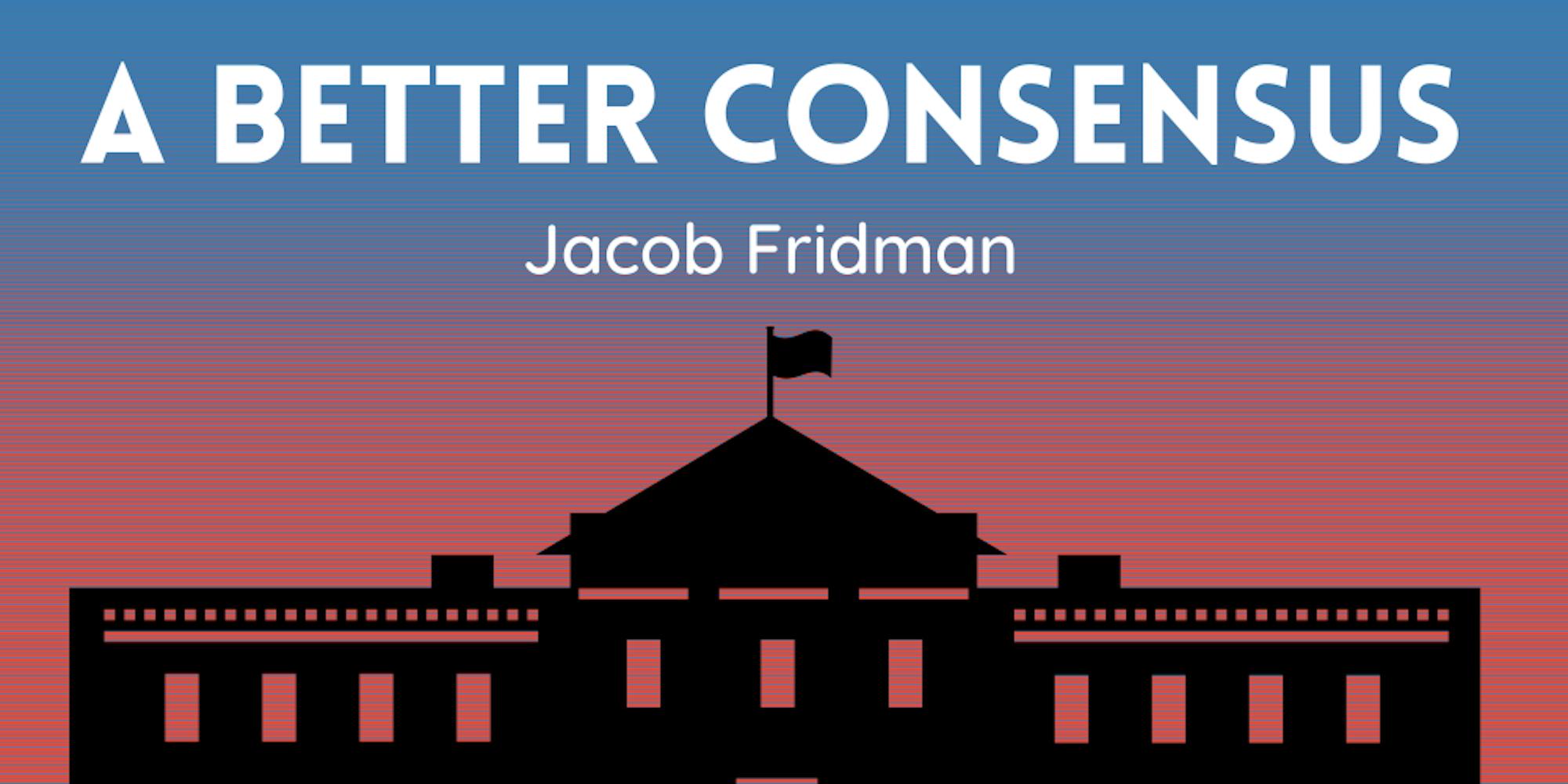President Biden finally reached a deal for his Build Back Better bill on Medicare drug pricing. Medicare, the program that gives health insurance to everyone over the age of 65, would be able to negotiate with drug companies for lower prices on life-saving drugs. It would also limit how much seniors would have to pay for drugs bought at pharmacies and keep insulin prices at a maximum of $35 a month. The administration and Congress are also working to have Medicare cover routine dental care, glasses and hearing aids, and also to expand Medicaid, the program for low-income individuals and those with disabilities.
This is great news for a system that is dead last compared to the developed world, but we can do better.
If you read the headline of this column, it’s not Medicare for All (the proposal for a fully government-run health insurance system, or what’s known as single-payer): it’s a public option.
It’s basically a government-backed health insurance plan that’s just like private insurance. People would be able to buy into the public option and it would compete with private companies. It would be funded by people paying their bills, just like private healthcare, and not through taxes from all Americans like with Medicare or Medicaid. And because it’s an option, no one on private insurance would have to give up their insurance, unlike the Medicare for All plan.
Trust me, this isn’t radical. The Affordable Care Act, or Obamacare, had a public option before intra-party negotiations took it out. In 2016, former Secretary of State Hillary Clinton supported a public option. In 2020, President Biden, Senator Amy Klobuchar and then-Mayor Pete Buttigieg all supported similar plans.
It is important to note that Obamacare had its roots in former Massachusetts Governor Mitt Romney’s Romneycare. Meanwhile, since 2019, Colorado, Nevada and Washington state have had public options. If they're successful, they could influence national policy sooner rather than later. By comparison, Vermont (Senator Bernie Sanders’ state) had its single-payer system crumble after three and a half years.
As for the politics? In March of this year,Morning Consult polling showed that more than two-thirds of all voters backed a public option, and over half supported Medicare for All. Even a slight majority of Republican voters supported a public option, compared to less than 30% approval for Medicare for All.
When Obama was pushing for a public option, Robert Reich, labor secretary under Bill Clinton,wrote in a Wall Street Journal piece, “The choice people make between private plans and a public one is likely to function as a check on both. Such competition will encourage private plans to ... [offer] more value at less cost … [and] encourage the public plan to be as flexible as possible.”
In 2009, critics of the proposal attacked its scale, size advantage and financial solvency. Reich responded that because the government would play the same game as the private companies, with the same bureaucracy and revenue streams but with greater power and reach, companies would innovate to stay in business, resulting in lower costs for average Americans and increased access.






